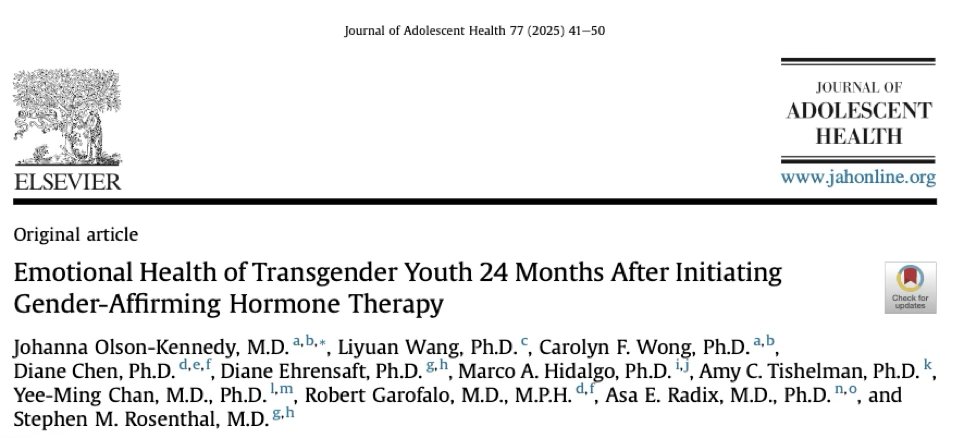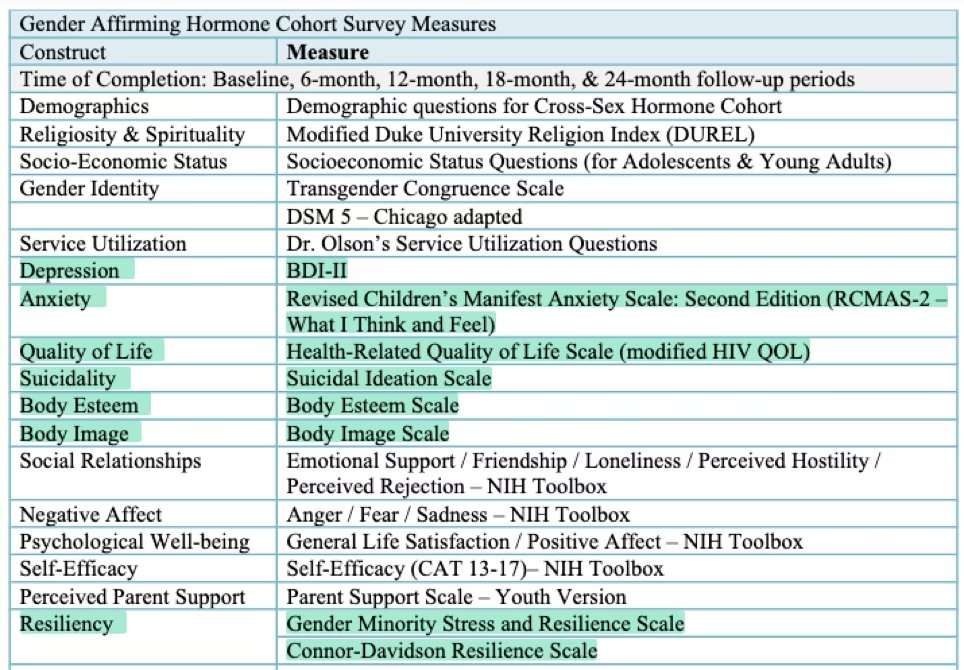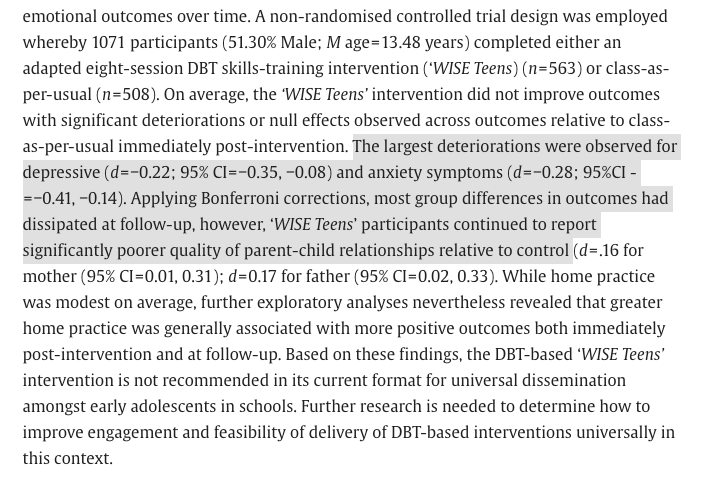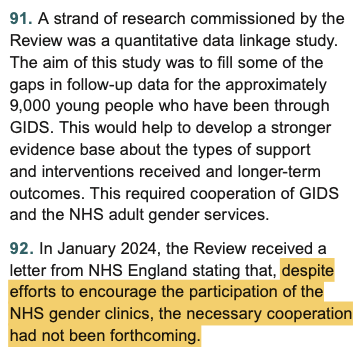A few conclusions from this new research with @SexMattersOrg & @SEENPublishing.
It finds that publishing companies regularly contravene the law, and that abuse of authors/publishing staff who believe there are two sexes has been relentless.
🧵
sex-matters.org/everyday-cance… x.com/SEENPublishing…
It finds that publishing companies regularly contravene the law, and that abuse of authors/publishing staff who believe there are two sexes has been relentless.
🧵
sex-matters.org/everyday-cance… x.com/SEENPublishing…
The report's conclusions:
1. The views of people who believe in the material reality of sex are protected in law, are based on evidence and reflect the views of the majority of the British public.
1. The views of people who believe in the material reality of sex are protected in law, are based on evidence and reflect the views of the majority of the British public.

2. Freedom of expression and lawful treatment of employees, authors and other freelancers is good for publishing, the creative industries more broadly and wider culture. 

4. Culture and language in publishing have contributed to an environment in which people who believe in the material reality of sex have been cancelled, harassed and abused with impunity. 

5. These failures have created tangible, significant personal and professional detriments, as well as a wider culture of fear. 

6. Organisations have also created legal, financial and reputational risks and harms by acting unlawfully. 

7. Funders, unions and other industry bodies have often exacerbated these harms instead of fixing them. 

• • •
Missing some Tweet in this thread? You can try to
force a refresh























